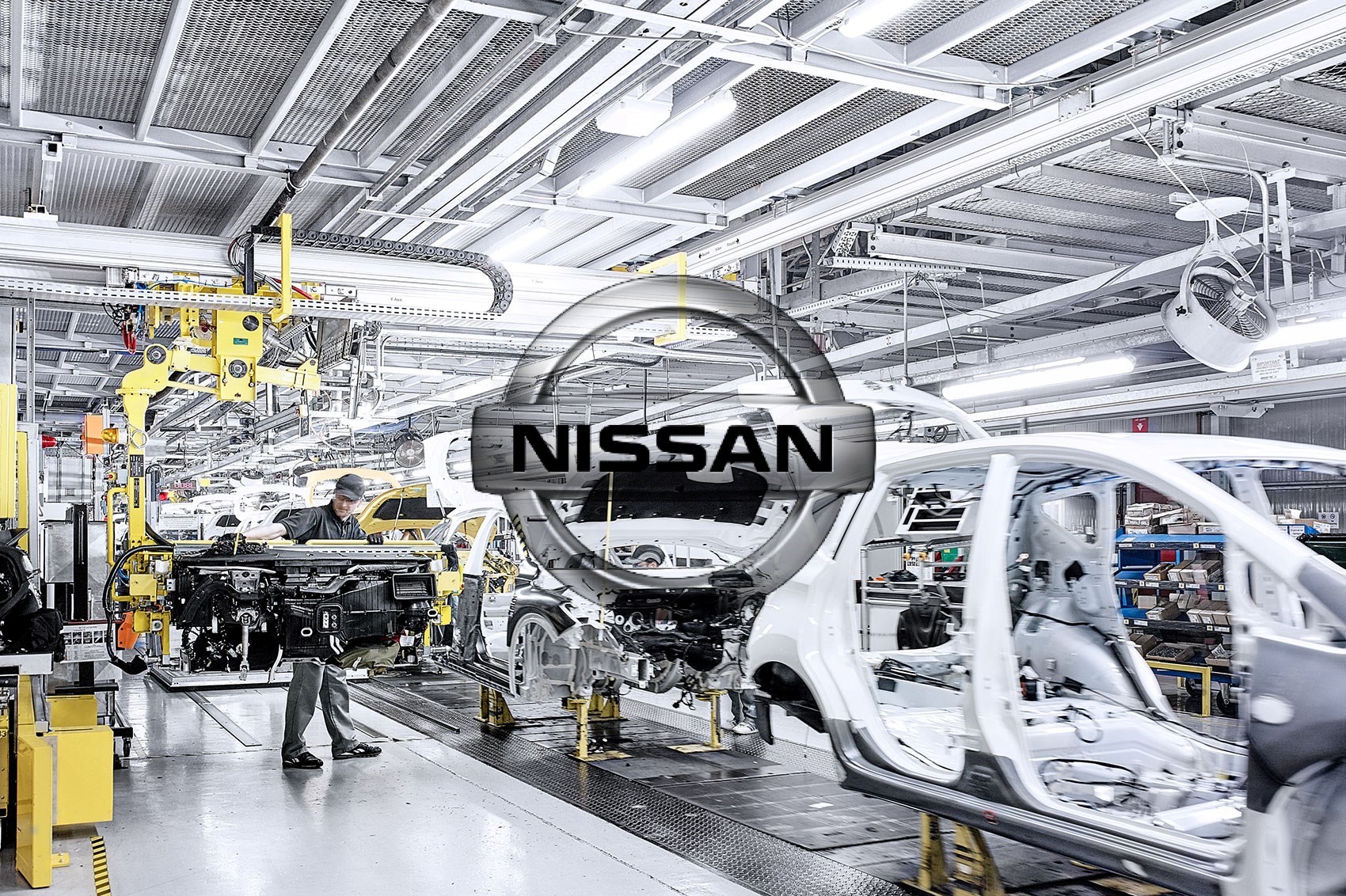

Nissan launched the EV36Zero EV hub in 2011 with a planned future investment of £ 1.12 billion to materialise the UK's first battery-producing gigafactory. In a recent development, the company also pledged £ 52 million in investment for its Sunderland facility to incorporate the use of recycled aluminium in the production of Qashqai vehicles.

Nissan's plan for the total £1.12 billion investment in its UK operations and supply chain is to ramp up the R&D and manufacturing of two new fully electric car models - the Qashqai and JUKE. To add to this, the company has confirmed that the next-generation Nissan LEAFs, which was one of the first commercial-scale electric vehicles to hit the market, will also be produced at its EV36Zero hub in Sunderland.
The investment will be deployed towards facility and manufacturing process improvements, skills training, and tooling for suppliers. With a total of £3 billion investment planned for the three EV models across three gigafactories, Nissan is committed to its vision of delivering a passenger car line-up that will be 100% EV by 2030. This investment is a clear indication of Nissan's determination to lead the way in EV manufacturing and make a significant contribution to the UK's green economy.
Makoto Uchida, the Nissan President, implied: "Exciting, electric vehicles are at the heart of our plans to achieve carbon neutrality. With electric versions of our core European models on the way, we are accelerating towards a new era for Nissan, for industry and for our customers."
"The EV36Zero project puts our Sunderland plant, Britain's biggest ever car factory, at the heart of our future vision. It means our UK team will be designing, engineering and manufacturing the vehicles of the future, driving us towards an all-electric future for Nissan in Europe," Uchida added.
Nissan has announced plans to transform its Sunderland facility into a £1 billion EV hub, featuring a 9GWh battery production gigafactory - the first of its kind in the country. The Nissan EV36Zero EV hub, launched in 2021 with an initial £1 billion investment, will combine EV manufacturing, optimised renewable energy use, and large-scale battery production to drive low-carbon innovation.
This ambitious project will bring significant economic benefits, creating 750 new jobs and safeguarding 300 existing ones at the plant and potentially creating up to 4,500 green jobs in the region by 2030.
Nissan will invest up to £423 million to produce a next-generation EV in the UK, while its battery technology partner Envision AESC will invest £450 million into the gigafactory, which will be powered by renewable energy.
Furthermore, the investment of £52 million will enable the use of recycled and lightweight aluminium for the production of Qashqai vehicles, reducing the energy required for material processing. Through these initiatives, Nissan is demonstrating its commitment to environmental sustainability and innovation while also boosting the local economy and creating job opportunities.
The permission to construct a 20MW solar farm adjacent to the hub has also been affirmed. On November 24, Nissan blurted out that both battery and vehicle production will be solely dependent on the microgrid that captures the wind and solar energy from the area. The grid will be fundamental in providing 100% renewable energy to Nissan and other businesses nearby.
Elaborating on the declaration, UK Prime Minister Rishi Sunak asserted: "Nissan's investment is a massive vote of confidence in the UK's automotive industry, which already contributes a massive £71bn a year to our economy. This venture will no doubt secure Sunderland's future as the UK's Silicon Valley for electric vehicle innovation and manufacturing."
"Making the UK the best place to do business is at the heart of our economic plan. We will continue to back businesses like Nissan to expand and grow their roots in the UK every step of the way as we make the right long-term decisions for a brighter future," the PM concluded.
If you wish to learn more about the use of aluminium in the automotive sector, please have a look at AL Circle's specially curated report on the same topic, Future of Aluminium in Transportation Sector.



Responses






